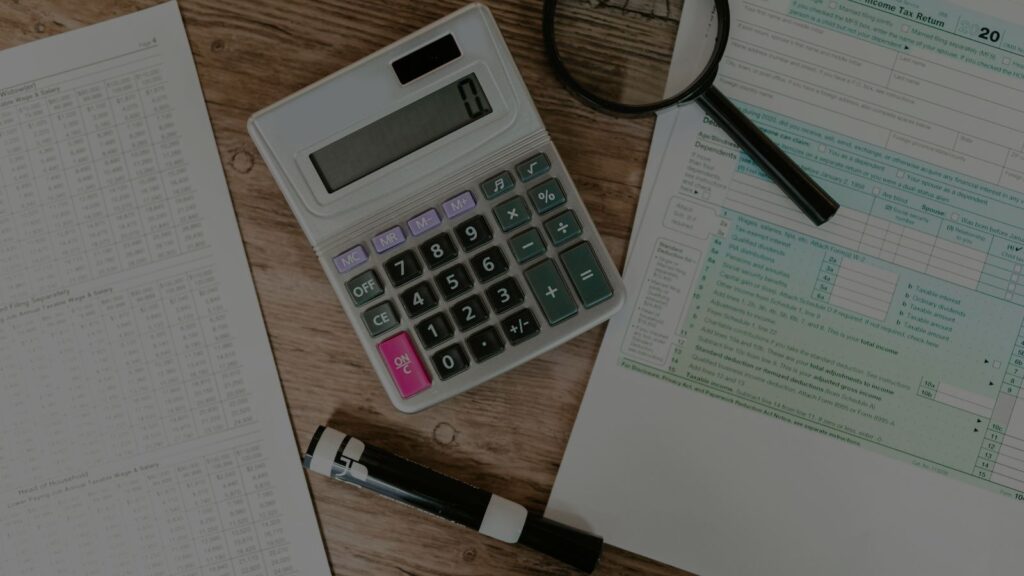Understanding Excise Tax: It Is Not Sales Tax
The first thing that you need to know about excise tax is that IT IS NOT SALES TAX!
This is a very common misconception and there is a lot of area for confusion.
Key Differences Between Excise Tax and Sales Tax
Excise tax differs from sales tax in two fundamental ways:
- Excise tax is only on specific goods.
Whereas sales tax applies to just about everything you buy (usually with specific exceptions such as unprepared food and clothing), excise taxes are applied to specific goods.
The most common examples are:
- Luxury goods
- Goods linked to specific health issues like cigarettes, alcohol, and tanning salons
- Sales tax is a percentage of the sale price.
For example:
- If you buy a Mercedes S Class, you will pay more sales tax than if you bought a Toyota Corolla.
- The percentage of tax applied is set by the local government, and 45 States in the United States have such a sales tax.
Excise tax, on the other hand:
- Is a flat tax applied before the purchase price for specific items.
- Is imposed either by states or the Federal Government.
Types of Excise Tax
There are two types of excise tax:
1. Specific Fixed Dollar Amount
Examples include:
- Gasoline
- Cigarettes
These are included in the price of the product.
2. Ad Valorem Tax
- A percentage charged for a specific good.
3. Retirement Account Excise Taxes (U.S. Specific)
These include:
- Excess contributions to IRAs
- Early distributions from IRAs
- Penalties for not meeting minimum distribution requirements
Impact of Excise Tax on Different Income Brackets
The effective federal excise tax rate varies depending on the income bracket:
- Top 1% of earners: Pay about 0.1% in excise taxes
- Bottom 40% of earners: Pay around 1-1.5% in excise taxes
Why?
This is largely because of the gas tax, which almost all individuals pay.
- Gasoline and other essentials make up a larger percentage of poor individuals’ budgets.
- Therefore, they pay a higher percentage of what they make in excise taxes.
Examples of Items Subject to Excise Taxes
- Beer, liquor, wine
- Airline tickets
- Certain types of vehicles (luxury cars, trucks)
- Indoor tanning (10% tax)
- Bows, quivers, broad heads, and points for arrows (11% tax)
- Sport fishing equipment
- Tires
Upcoming Excise Tax: The Cadillac Tax
Another very high-profile excise tax that has not yet been implemented but is scheduled as part of the Affordable Care Act in 2018 is the Cadillac Tax.
Details of the Cadillac Tax:
- Applies to specific types of high-cost health benefit plans.
- A 40% excise tax will be added.
- Limits are set at:
- $10,200 for individuals
- $27,500 for couples and families per year
Note: This measure has not yet been implemented but is expected to help fund other components of the law when it is.
Frequently Asked Questions
What is the difference between excise tax and sales tax?
Excise tax applies only to specific goods such as tobacco or gasoline, and is often a flat amount built into the product’s price. Sales tax is a percentage added at checkout to most purchases, set by state or local governments.
Are excise taxes included in the listed price of goods?
Yes, excise taxes are typically included in the sticker price of goods. For example, the price you see for a pack of cigarettes or gallon of gasoline already includes the excise tax.
Who imposes excise taxes in the United States?
Excise taxes can be imposed by both the federal and state governments. Some items, like fuel or airline tickets, may be subject to both federal and state-level excise taxes.
Why do lower-income households pay a higher percentage in excise taxes?
Lower-income individuals spend a greater share of their income on essentials like gas, which are subject to excise tax. As a result, the relative tax burden from excise taxes is higher for these households.
What is the Cadillac Tax and has it been implemented?
The Cadillac Tax is a proposed 40% excise tax on high-cost employer-sponsored health insurance plans, intended to fund the Affordable Care Act. Though legislated, it has not yet been implemented.

